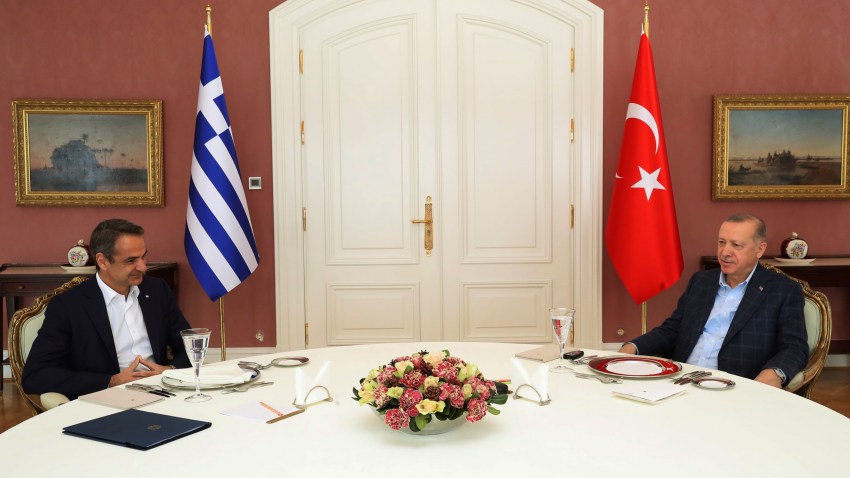Excitement is building among supporters of Turkey’s political opposition, while anxiety is becoming palpable among President Recep Tayyip Erdogan’s backers, ahead of elections on May 14 that could become a transformative moment for Europe. Though tensions within the opposition alliance between the nationalist Iyi party and the more moderate Republican People’s Party, or CHP, have flared up at times, widespread public frustration over years of Erdogan’s economic mismanagement have put his ruling Justice and Development Party, or AKP, under enormous pressure.
If Kemal Kilicdaroglu, the CHP’s presidential candidate, manages to overcome the authoritarian system that Erdogan has built during his 20 years in power, a window of opportunity could emerge to build a friendlier relationship between Turkey and its partners in NATO and the European Union. Even if Erdogan wins by a whisker, the unprecedented level of opposition mobilization over the past few months would indicate vulnerabilities within the AKP’s system of patronage that are likely to catch up with him sooner rather than later.
Yet when it comes to Ankara’s relationship with the EU, there is another election this May that could prove as decisive as the showdown between the AKP and the CHP-led opposition. On May 21, voters in Greece—an EU state that has a profoundly complex relationship with Turkey—will head to the polls for legislative elections that are likely to lead to months of political maneuvering in Athens. Opinion polls currently indicate that the governing center-right New Democratic party led by Prime Minister Kyriakos Mitsotakis will lose its dominant position, but former Prime Minister Alexis Tsipras’ leftist Syriza coalition—the main opposition bloc—will be unable to gain a majority of its own. As a result, Greece’s political trajectory remains unclear.

